
Over the last year or so, I've made a conscious priority to read books written by — or written from the perspective of — people different than me. As a white, rich person (and I have a job, a bachelor's degree, a house, 2 cars, and 3 computers, so that sounds pretty rich to me; maybe not in the 1%, but high enough), I have a pretty limited perspective. Also, our culture is essentially designed for me to thrive, so it's easy to take that all for granted.
Books, both non-fiction and creative stories, have a way of landing you right in the viewpoint of an other, and I am so grateful for that gift; it's one of the best things about reading.
I've long read all kinds of books, but something like an addiction memoir, or even a novel set in another country, can have a voyeuristic vibe. Looking in from the outside on something that is sooo outside of my realm. Lately, I've been seeking to hear voices not to widen my eyes, but to open my eyes. I don't want to observe, I want to understand, to empathize, and to feel kinship.
Here is a selection of recommendations I've read this last year from people of color, and other perspectives outside of my own.


Fiction:
There There — Tommy Orange
We do not hear many indigenous/Native American voices in popular culture. Tommy Orange felt, even further, that there were no reflections of his own upbringing as an "Urban Indian". Twelve voices contribute to this novel, mostly centered around Oakland CA and the indigenous stories from within the city.
Honestly, there were a lot of characters (and characters' brothers, cousins, etc.) to keep track of; it was a bit much! But, the slice of characters — in their overlaps and disparities — gave a rich portrait of the complex history & experience of this population.
The Sellout — Paul Beatty
This book is unlike anything else I have read. Ever. The best word to describe it is OUTRAGEOUS!
It is the kind of book — prize winner, prose-based, little plot — that I would usually really dislike (side eye to you, Lincoln in the Bardo). The pages are dense with cultural references, the setting — an enclave of Los Angeles with acre-plots used for agriculture, but the town itself was so rough-and-tumble, it was removed from the map — so bizarre, and the language highly offensive.
The entire book is highly offensive — the essential "plot" was about the narrator trying to reinvigorate his municipality by reintroducing segregation... and it was pretty successful. But, I just felt like I was holding on to the shirttails of a jockey on a wild, fast ride; it was totally bewildering, awe-striking, and, frankly insane.

The Hate U Give — Angie Thomas
There has already been so much love for this YA novel, including a movie adaptation last year. But, the book is so intimate, it is hard to imagine the film capturing the rich tension of narrator Starr's point of view. What happens when you already straddle two worlds — black & "ghetto", rich & white — and you witness the injustice of an unarmed, black friend shot by a white police officer?
I, personally, have been spared this pain, but Angie Thomas' book lands me in the horror of Starr's decisions as she grieves and grapples with the consequences of her own bravery.
An American Marriage — Tayari Jones
Though the book preceded it, An American Marriage is like a companion to last year's film If Beale Street Could Talk. Both addressed an elephant in the American, judicial room (and sad reality for many): black men, wrongly detained and imprisoned for crimes against white women that they didn't commit. In both, you see the personal, marital, and community fallout that result from incarceration & racial profiling.
Ragged Company — Richard Wagamese
What happens when a motley crew of homeless friends win big with a found lottery ticket? That's the basic premise of this novel, told from varying perspectives. Each has their reasons for being in this station in life. But, are they really poorer than the rich, lonely friend they encounter at the movie theatre? Is friendship the richest treasure of all? Does money solve or create problems?


Sing, Unburied Sing — Jesmyn Ward
I recommend this one with some hesitancy, because it's not one of my top books. There was a mystical element that I didn't love, and it's just a bit of a weird book. However, there is an uncomfortable glimpse into deep south, poor culture — meth, prison, interracial family dynamics — that is eye-opening. Told largely through the eyes of a child, it's heartbreaking, too; you see what many children are up against by virtue of where, and to whom, they are born.
The Absolutely True Story of a Part-Time Indian — Sherman Alexie
(Alexie has had his legacy as an important, indigenous voice called into question because of allegations of power abuse & harassment. Do the sins of an artist ruin his art? This is a serious, legitimate question to wrestle through, and one that many are wondering about this author.)
If the integrity of the man can be set aside (and can it?), this book gives a rare insight into an experience few of us can understand. Like others, this book isn't just about his cultural experience as a minority (in this case, an indigineous person), but the challenge/weight/struggle of straddling two cultural worlds.
Nonfiction:
Between the World and Me — Ta-Nehisi Coates
Coates has written this novel as a letter to his teenaged son, about "the feelings, symbolism, and realities associated with being Black in the Unites States." (wikipedia's description). For me, as a lover of unresolved tension, I thought the book was excellent. Though, I read a description of the book as "poetic and bleak", and I would agree: that is an apt summary.
He loves his son, and he wants to be honest about the threats to his black body — i.e. keep all of these cultural factors in mind so that you can be smart & not get shot. But, he's clearly appalled & offended that this is even the advice he needs to share. The book is biting and deflating as Coates dismantles the "hope and dreams" of progress in racial equality.
I'm Still Here: Black Dignity in A World Made for Whiteness — Austin Channing Brown
If you are white, and especially if you are in "the church", this book is a must-read. Check your privilege and fragility at the door and prepare for her words to flow like lifeblood into you (even if it pricks at times).
What are you going to do with what you now know? is the current that runs through this book. Channing Brown encourages changed thinking — and, then, action —with wit and generosity and straight honesty ("Chapter One: White People Are Exhausting").
Hillbilly Elegy — J.D. Vance
"A memoir of a family and culture in crisis" reads the subtitle. This book chronicles rural Appalachian life, the flight of poor whites from there to urban industry in Ohio, and the poverty & job struggles that pervade. All is told through the lens of Vance's personal family & network. What stood out to me in his telling was all the things he didn't know not to know — for example, not having anyone in your life to tell you that there are scholarships available for low income students for college means it doesn't even cross your mind as an option.
Hillbilly Elegy is not a fairy tale of "anyone can make it" final success, though it could have been positioned that way (Vance eventually went to Yale & worked in his own venture capital firm). Instead it draws out how critical family & community support is to lift anyone out of poverty, and how its lack has been the struggle of his Kentucky & Ohio kin.
*all three of the above are available as audiobooks, each read by their author. I listened to both Coates & Brown's books on audio, and it was wonderfully impactful to hear them recount their words in their own voices.
Just Mercy — Bryan Stevenson
"Each of us us more than the worst thing we've ever done." You can certainly watch the TEDTalk for a 23 minute version, instead. But, this book about injustice, incarceration, and the value of human life is the best there is: life-changing, life-giving, necessary reading.






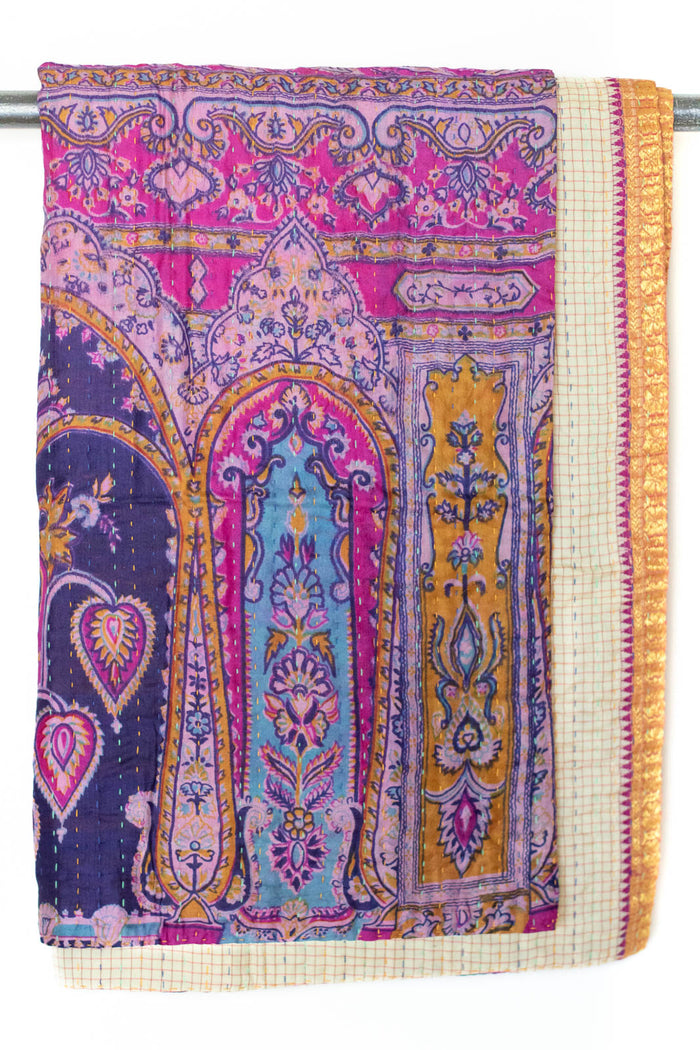
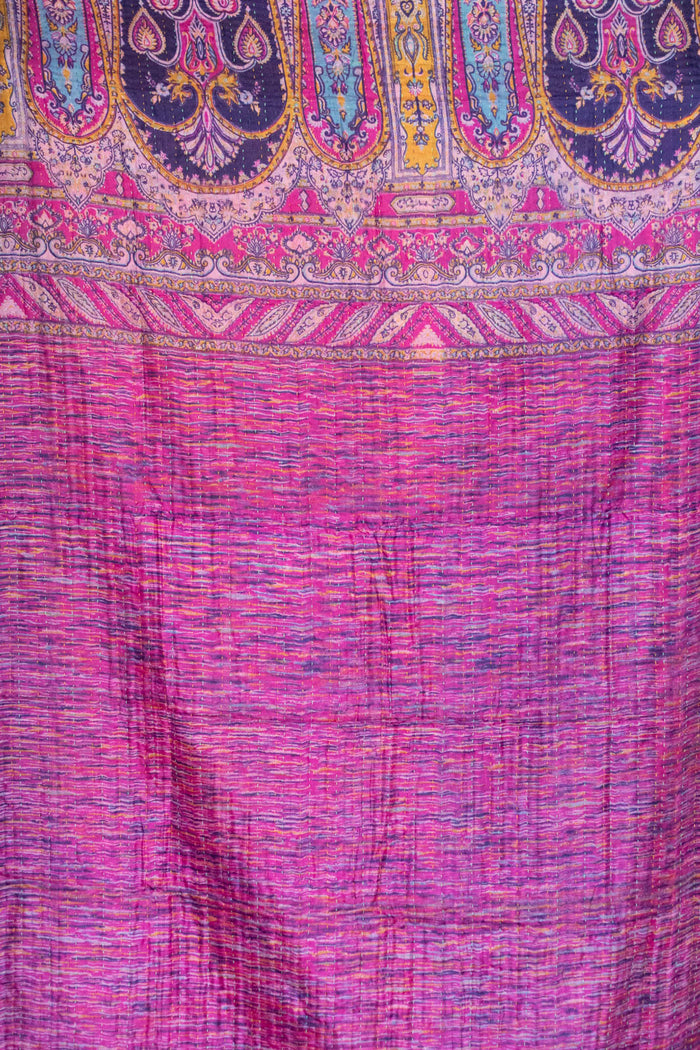
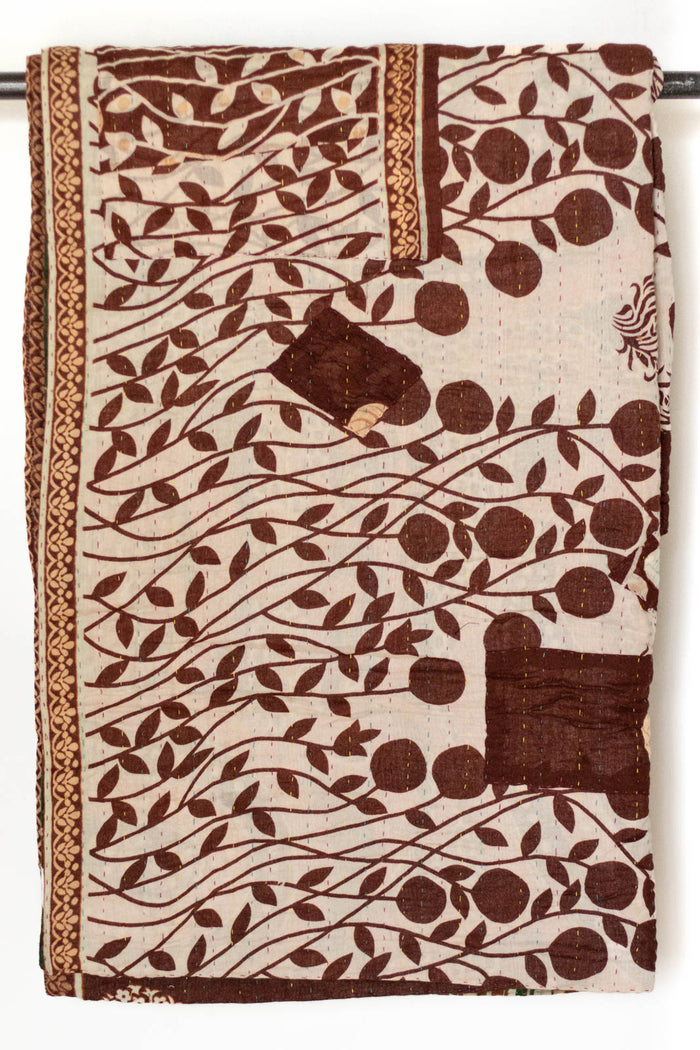
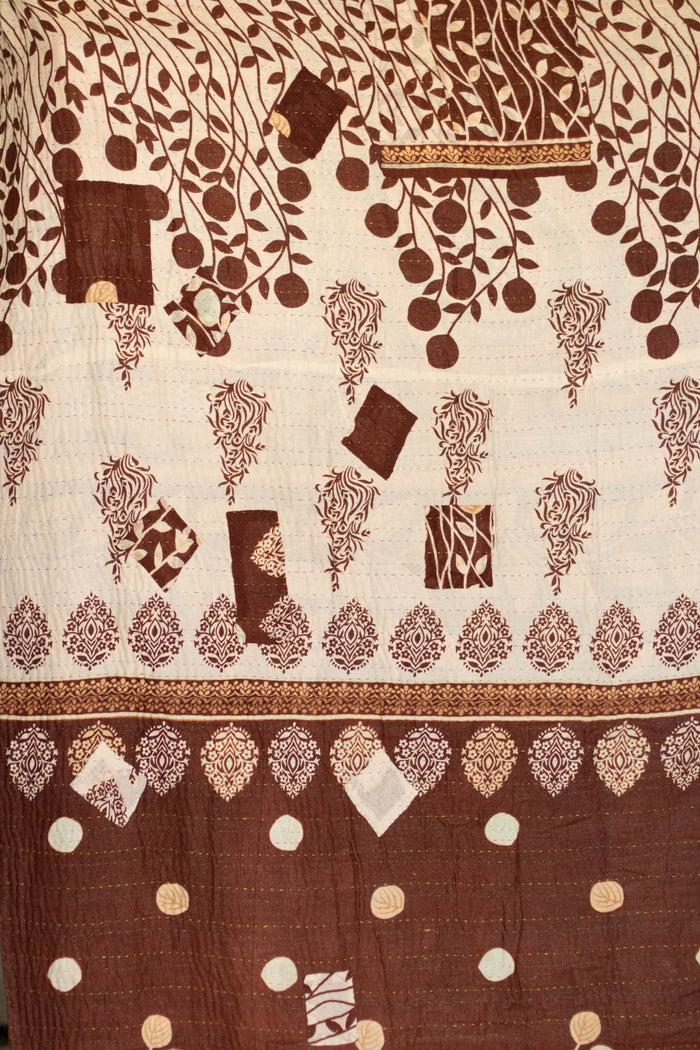
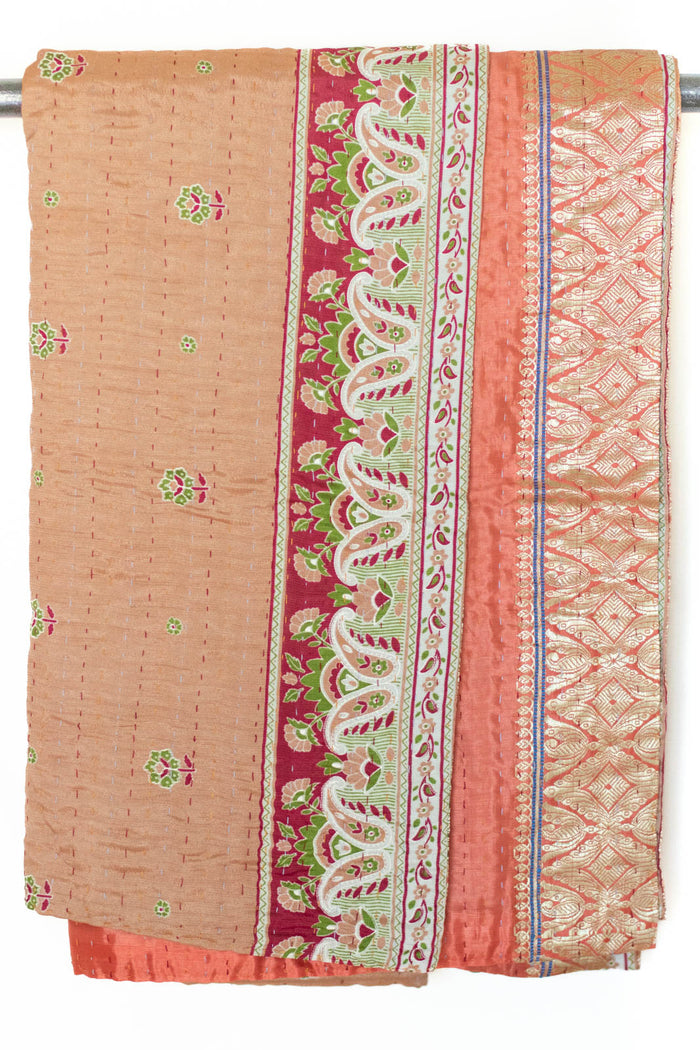
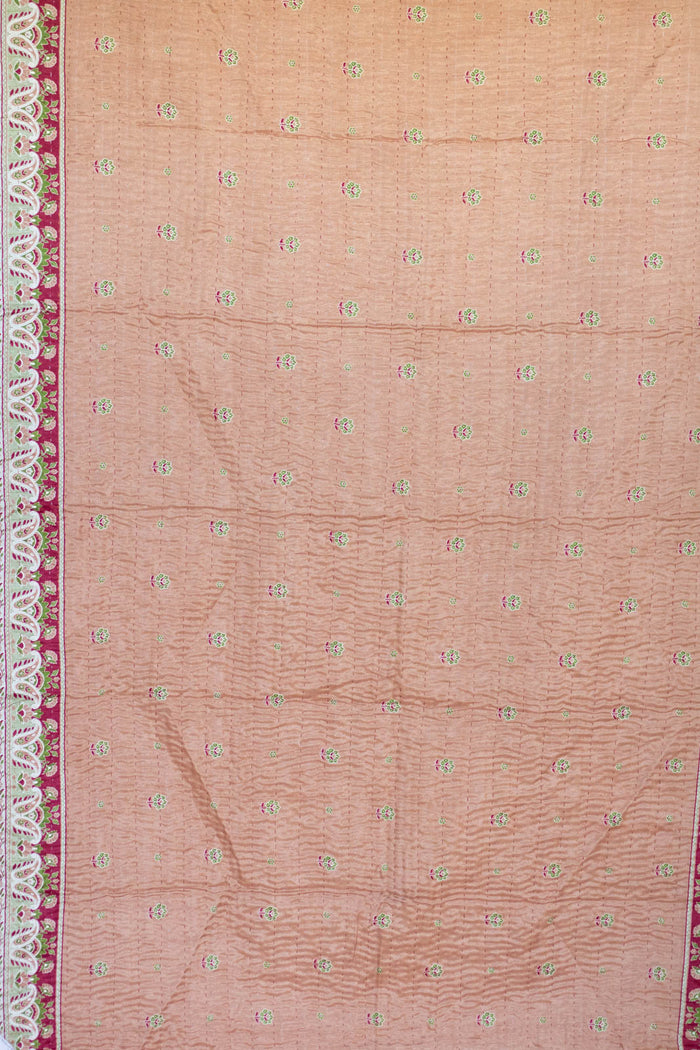
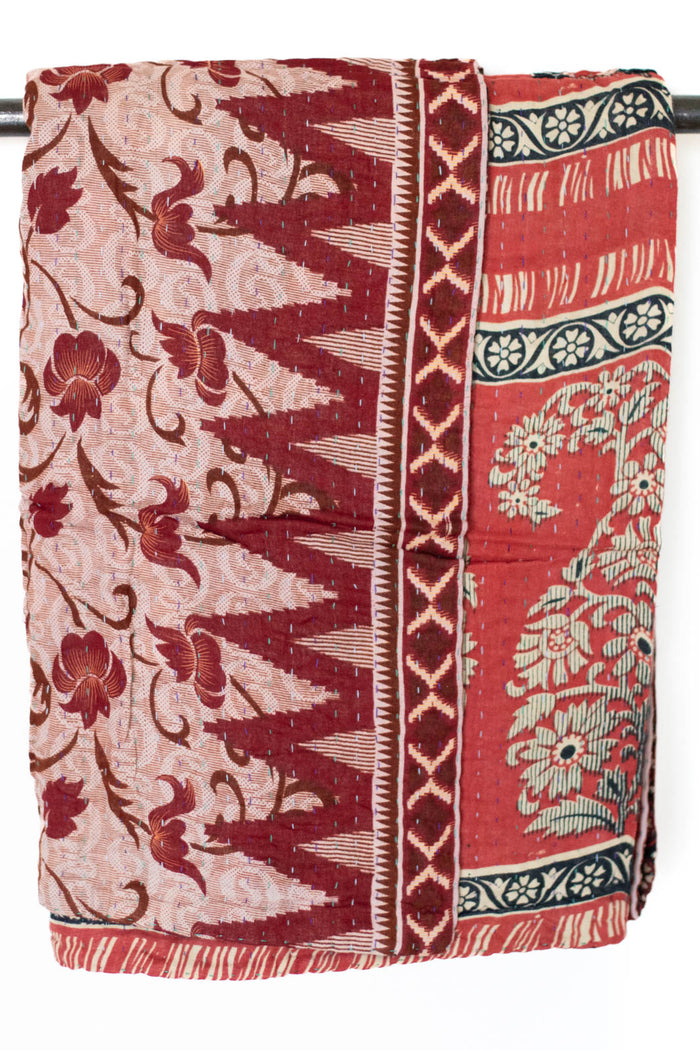
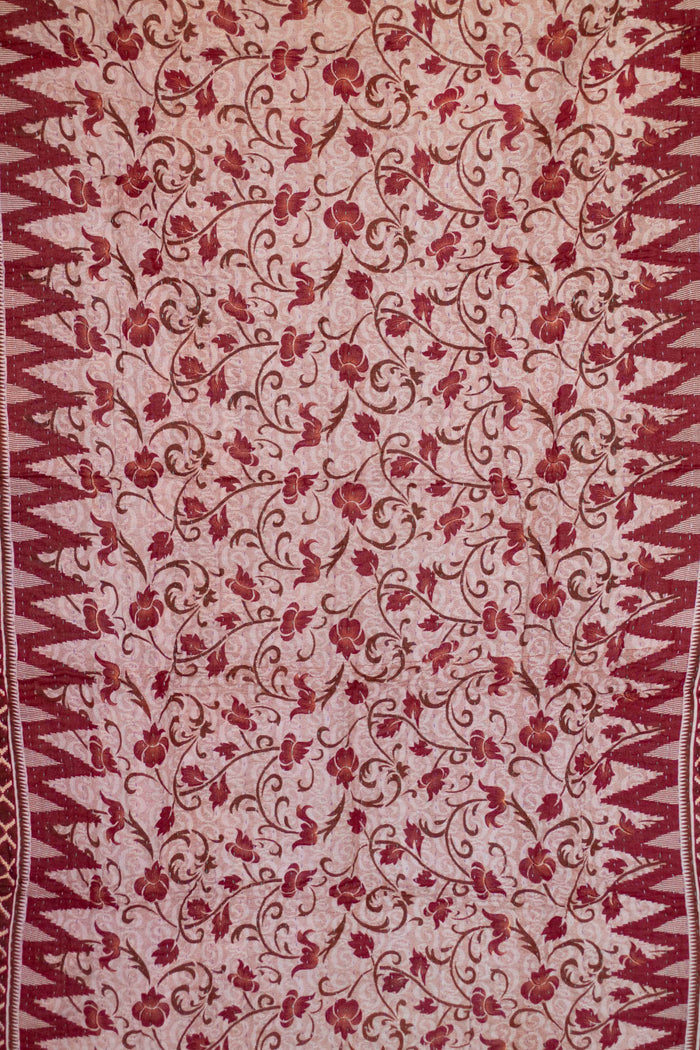
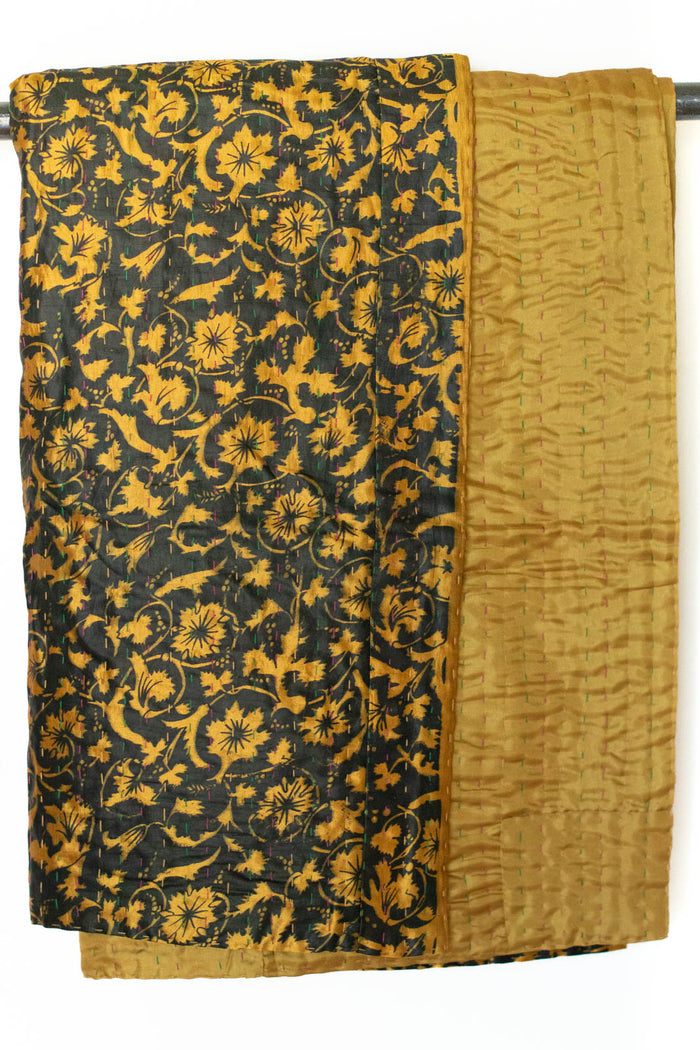
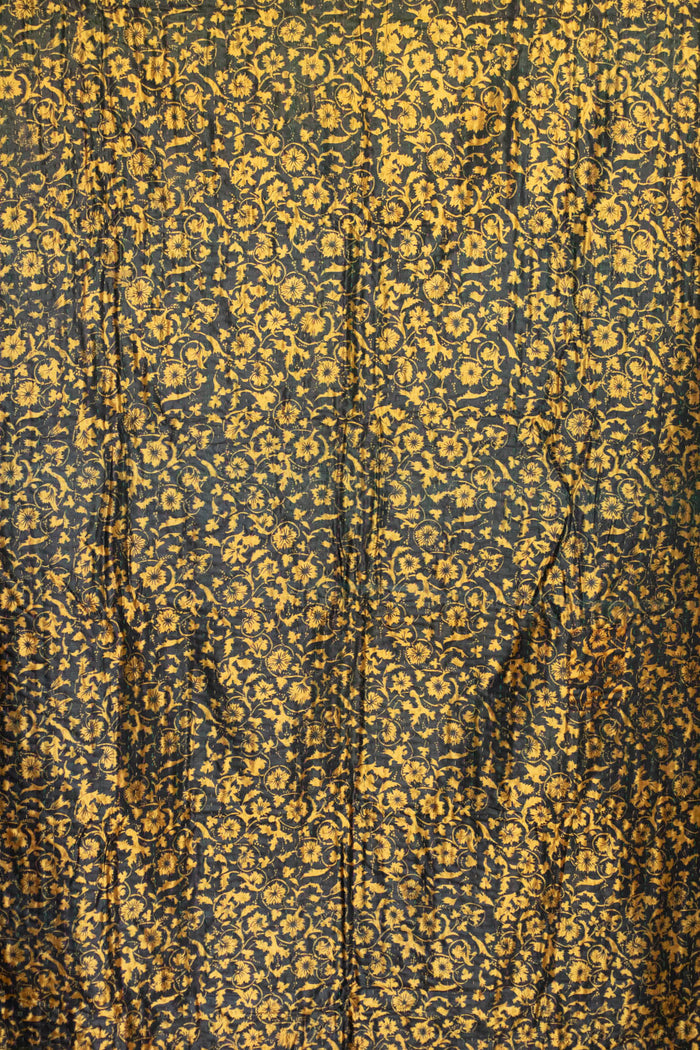
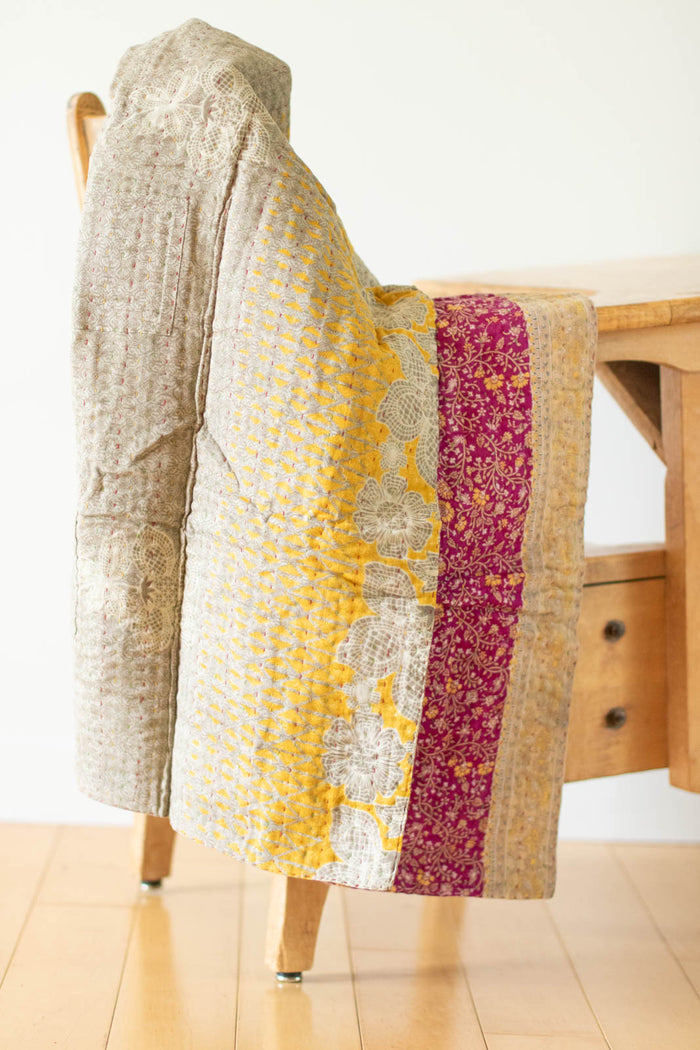
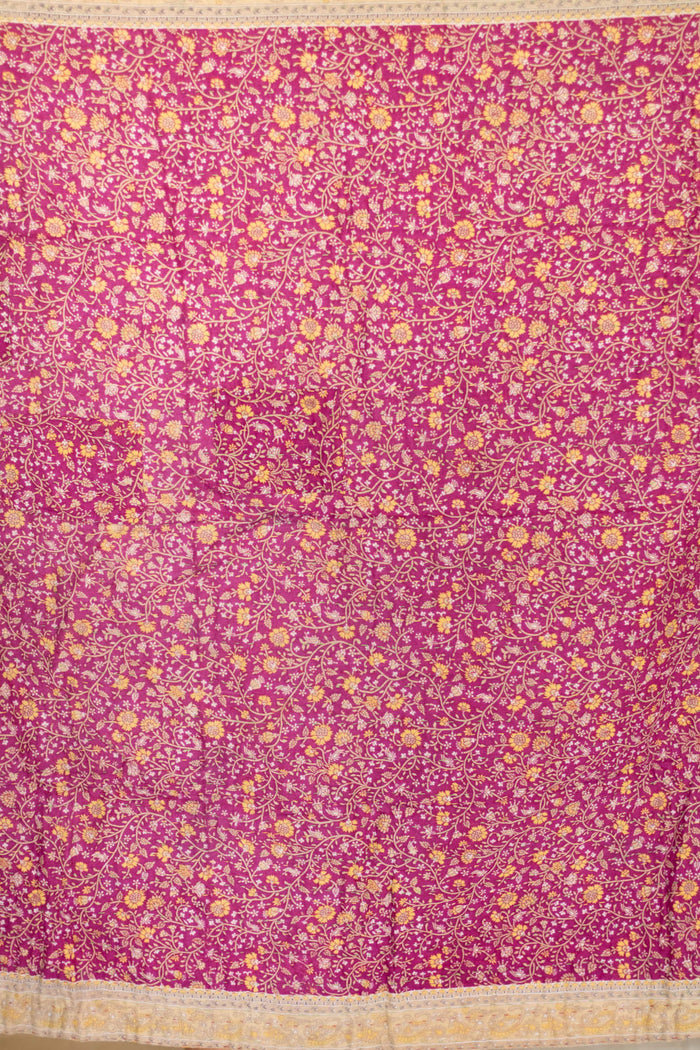
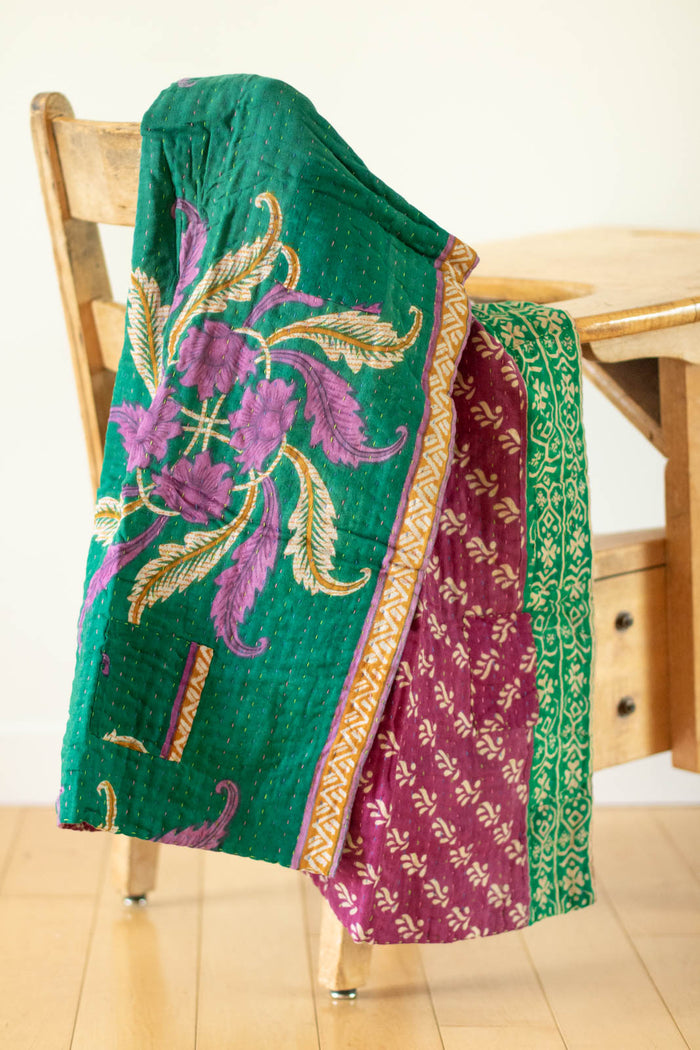
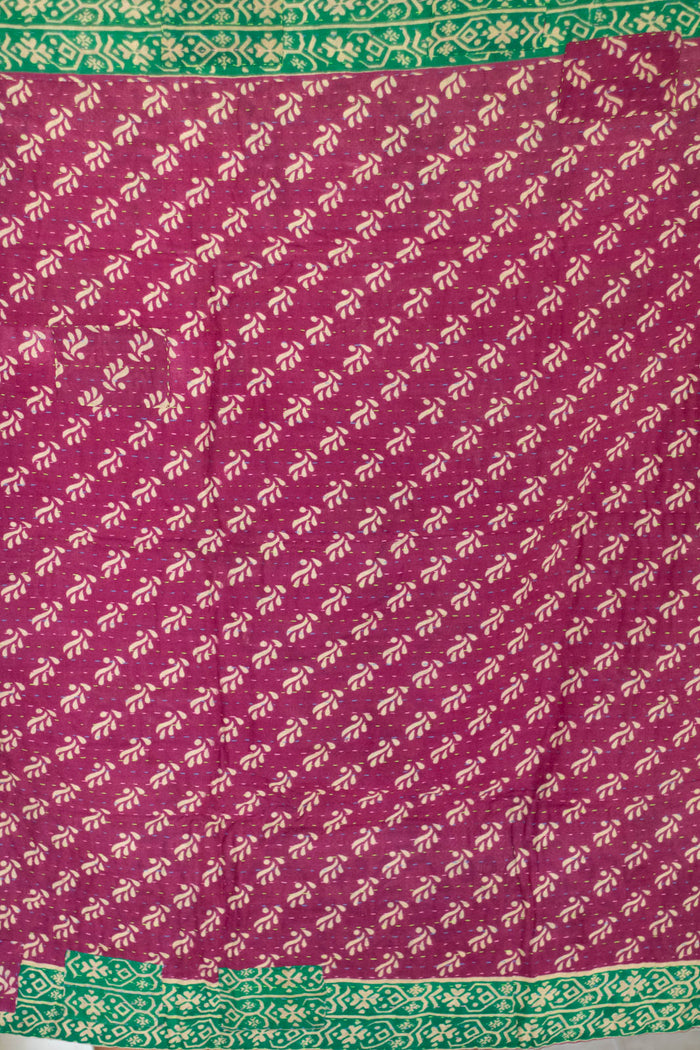
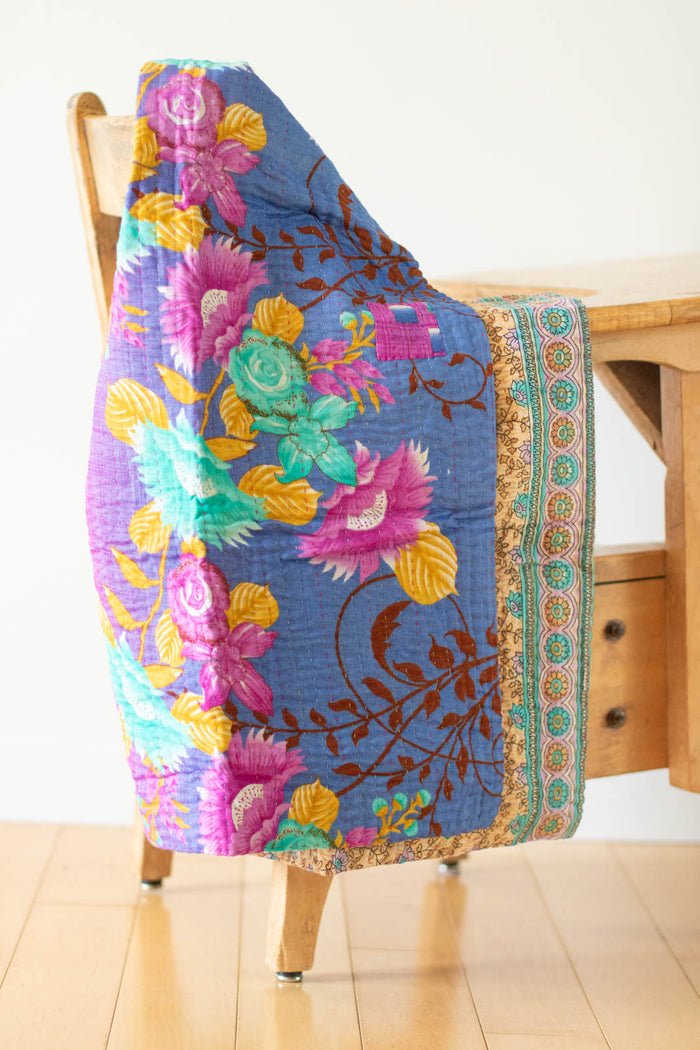
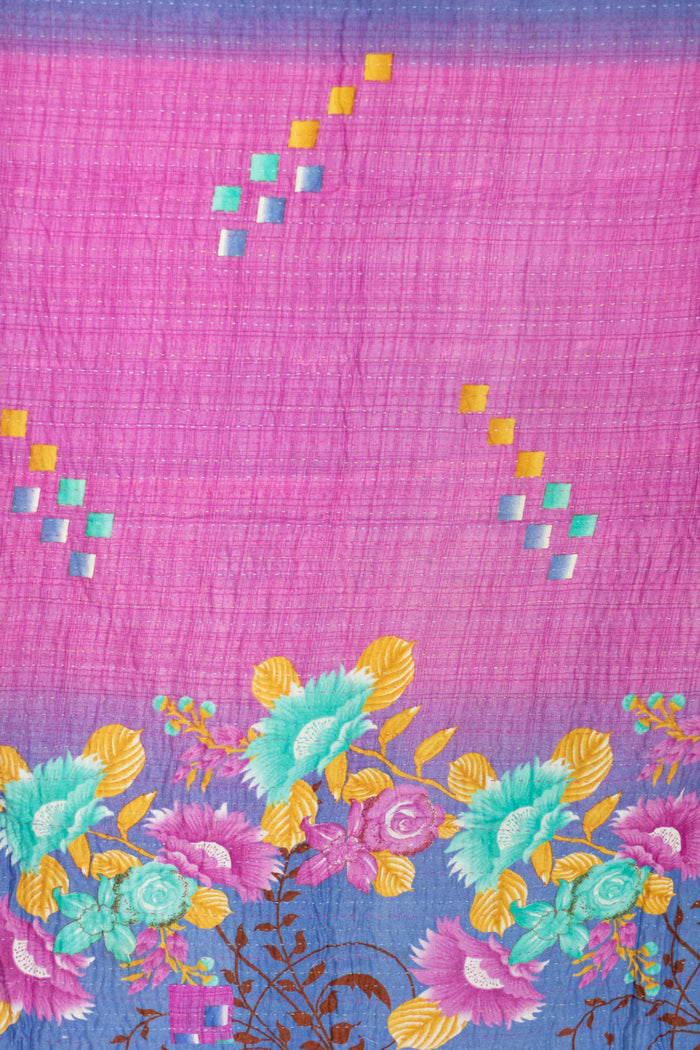
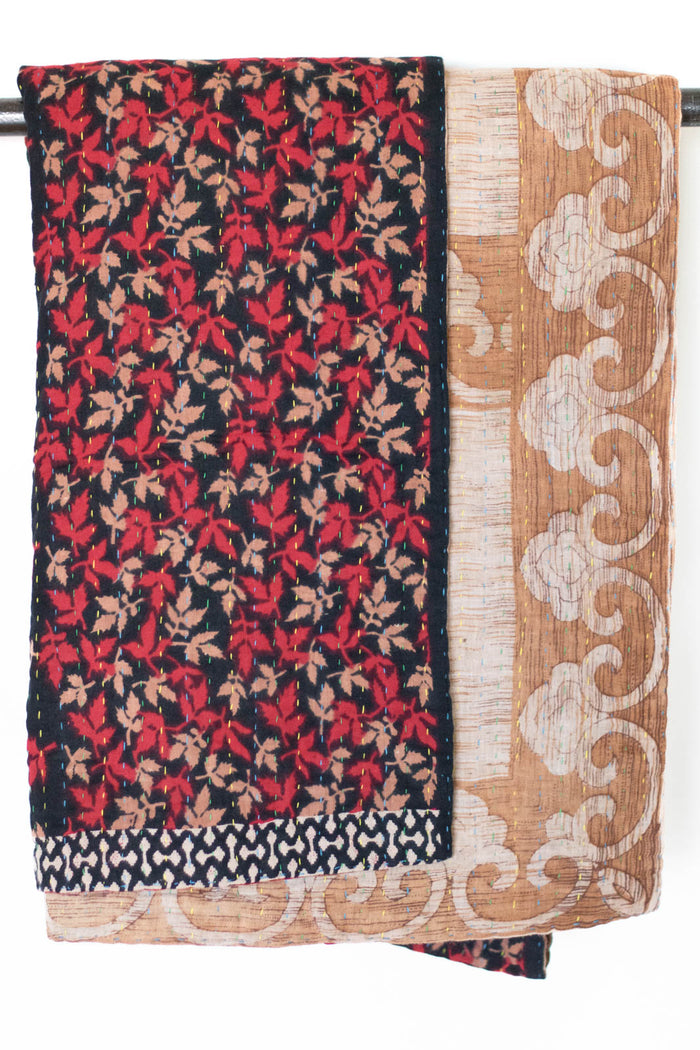
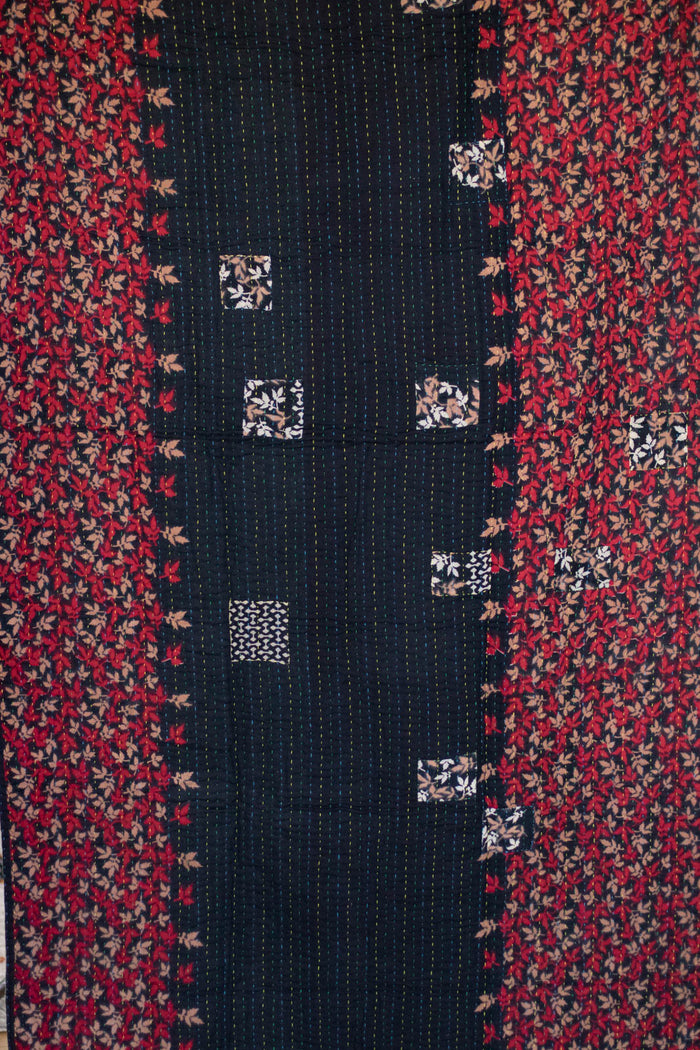
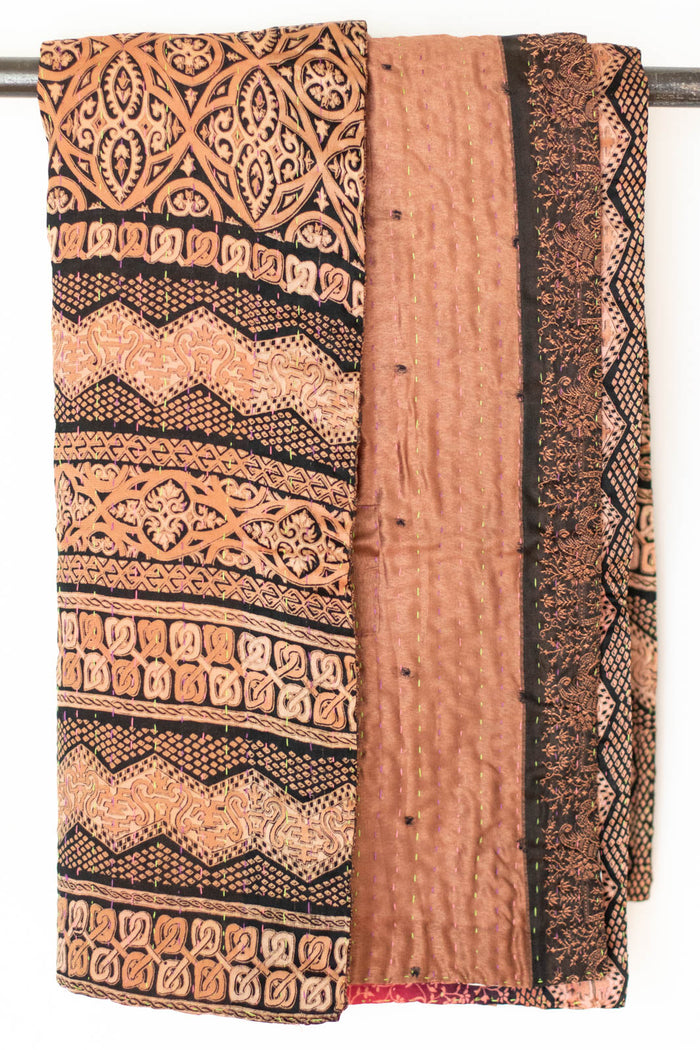
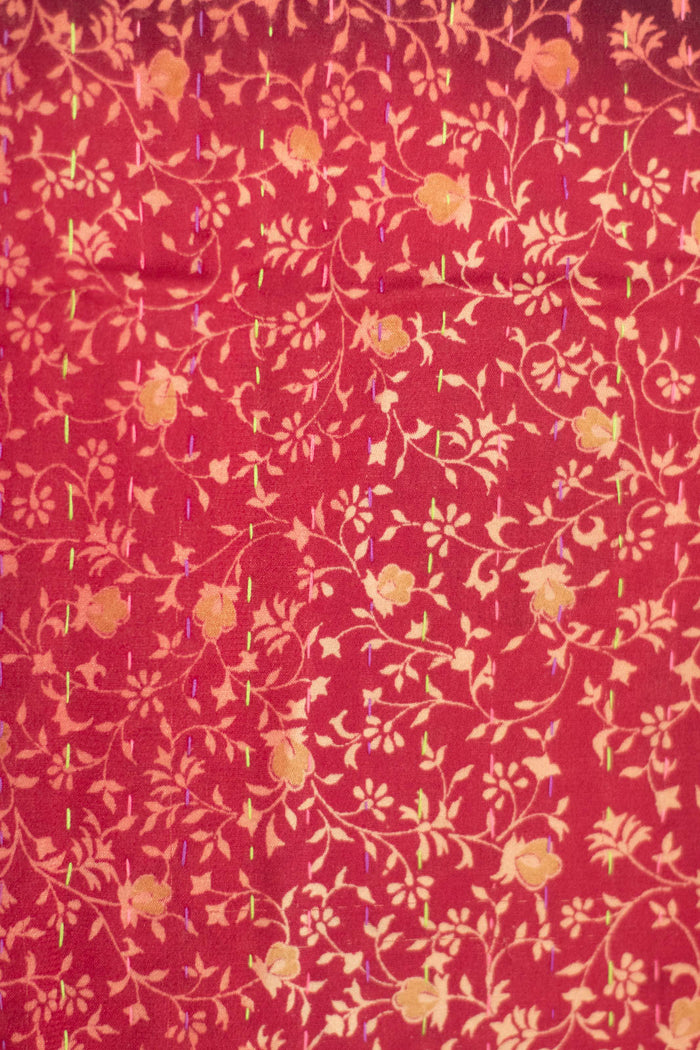
2 comments
Leave a commentHoly cow, if I can’t type love correctly, Lord help me. Ohh, and Brown’s book was stellar.
Thanks for the book recommendations. I just read There There and lived it. I did not like Hillbilly Elegy, I’m a Kentuckian and thought his memoir was poorly written and self- aggrandizing, but I understand why it was popular. The Sellout is new to me and since I lived Lincoln in the Bardo ;). – I can’t wait to read it.